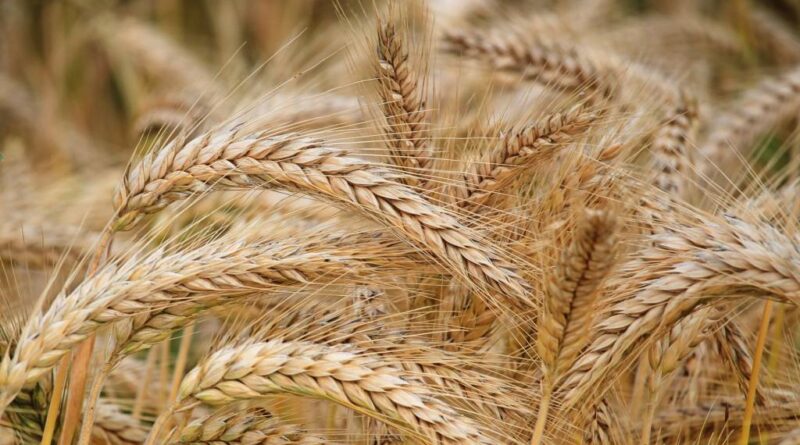Russia orders measures to boost agriculture exports after wheat sales fall in July
By Olga Popova
The Russian government on Thursday ordered measures to boost agriculture exports after international sales of wheat fell to their lowest since 2008, while traders are saying the new crop has been slow to come to the Black Sea terminals.
The Sovecon consultancy estimates July wheat exports at 2.0 million-2.5 million tons, compared with 3.67 million tons in July last year. Rail carrier Rusagrotrans estimates July exports at 2.4 million-2.6 million tons, citing slow harvesting and low carry-over stocks.
The government said in a statement Deputy Prime Minister Dmitry Patrushev, who oversees the sector, had told agriculture officials “to take the necessary measures in a timely manner to ensure positive export dynamics”.
President Vladimir Putin has ordered the government to increase exports by 50% by 2030. Patrushev asked officials to ensure that exports stay on target.
Russia’s Deputy Agriculture Minister Andrei Razin said last week the harvesting campaign had kicked off later this year due to weather conditions, with crops collected from an area 60% smaller than in 2024.
Dmitry Rylko, head of the IKAR consultancy, told Reuters that wheat exports will stabilise in a week as new-crop wheat will come to the market. IKAR projects July wheat exports at two million tons in July.
Rylko said exports in July 2025 were the lowest for the period since 2008, before Russia became the world’s biggest seller of wheat.
Grain traders said that farmers, suffering from low profitability of growing wheat due to low global prices and the strong rouble, were withholding their wheat for now in expectation of higher prices.
“Farmers are in such a position that they will fight for each rouble in this season,” said one trader, who spoke on condition of anonymity. Traders said there was already a shortage of wheat in Black Sea grain terminals.
“Grain is arriving at the port two to three weeks later than exporters expected, due to delays in harvesting, lengthy procedures for obtaining declarations, and low prices,” another trader said.
“Right now, it’s a classic short squeeze. The goods have been sold, but there’s nothing to load onto the ships,” the second trader said. Some traders said shippers have started to demand demurrage – a charge for the extended use of services – for keeping ships empty in ports.
Russia’s grain export tax, a major irritant for farmers, fell to zero last week due to weaker market prices, a move seen as potentially helping exports.
Russia is expecting its grain harvest to rise 4% to 135 million tons in 2025 despite drought in some regions, and sees exports rising to 45 million tons of wheat in the current season from 44 million tons in the last.
IKAR estimated last year’s exports at 40.8 million tons, with exports to Egypt estimated at 8.2 million tons, to Turkey at 3.1 million tons, to Bangladesh at 2.8 million tons, to Algeria at 1.7 million tons, and to Israel at 1.6 million tons.
Reporting by Olga Popova; Additional reporting by Gus Trompiz in Paris; writing by Gleb Bryanski; editing by Guy Faulconbridge and Jan Harvey
This article has been republished from The Reuters.

